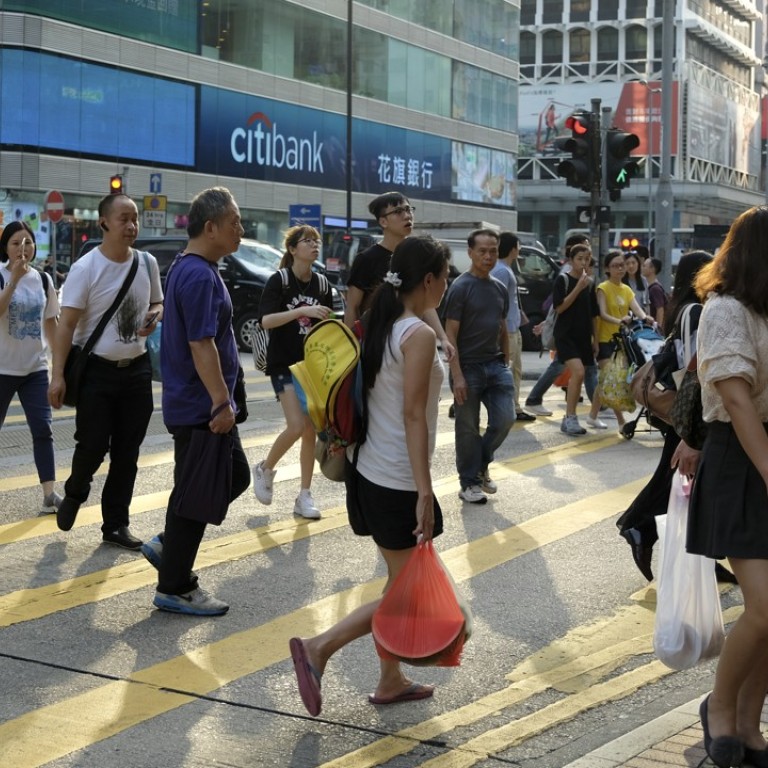
‘One country, two systems’ delivers the best of both worlds
Hongkongers will soon enjoy new rights regarding employment, education and health care on the mainland while contributing to national development
The concept of “one country, two systems” gives Hong Kong the best of both worlds. It enables us to keep our way of life and freedoms while tapping the opportunities and benefits arising from reuniting with China. Our efforts on the latter have already resulted in considerable gains over the past two decades, such as giving local businesses and professionals access to the mainland market under the Closer Economic Partnership Arrangement. But a lot more can be achieved if we opt for a more proactive approach.
Under the new measures announced by the State Council on Thursday, Hongkongers living and studying across the border will have access to the so-called three rights, six basic public services and nine conveniences. This includes having the rights to employment, to join the social insurance and housing fund schemes; be entitled to free basic education, medical care and legal aid; as well as enjoying conveniences in driving and travelling. Residents from Hong Kong, Macau and Taiwan who have been living, working and studying on the mainland for more than six months may apply for a mainland identity card for such benefits starting from next month.
This is a welcome change. The number of locals living and working on the mainland continues to grow since reunification. However, they were previously not entitled to the benefits available to their mainland counterparts. The new measures potentially benefit as many as 520,000 locals living in Guangdong province and more than 15,000 university students across the mainland.
Similar concessions were also rolled out by a high-level working group on the “Greater Bay Area”, a state initiative to turn Hong Kong, Macau and nine Guangdong cities into an economic powerhouse. For the first time, chief executives of the two special administrative regions have become members of a working group chaired by Vice-Premier Han Zheng that reports to the State Council. The arrangement is more than symbolic. It gives room for the city leader to shape a blueprint that has a direct impact on our development. Separately, in a vote of confidence in the city’s innovation drive, the Chinese Academy of Sciences will establish an affiliate here and arrange for two of its institutes to set up branches at our science park. A new agreement with the Ministry of Science and Technology will also be signed with the Hong Kong government’s Innovation and Technology Bureau to foster exchange and cooperation.
All these would have not have happened without our unique constitutional order. It is as much a privilege to be able to tap the opportunities arising from the rise of the country as a duty to contribute to national development. Our future lies in making the best of one country while keeping our uniqueness under two systems.

